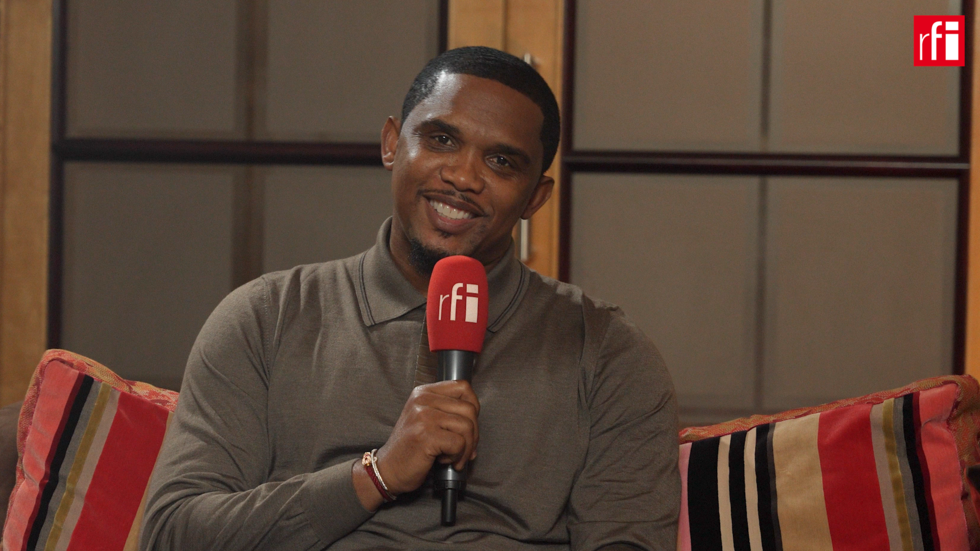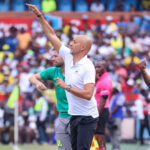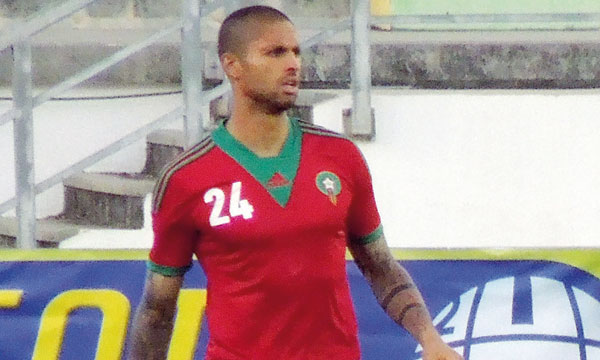Samuel Eto’o’s all-time dream team has raised eyebrows for its unexpected omissions. The legendary Cameroonian striker, a four-time African Ballon d’Or winner and three-time UEFA Champions League champion, unveiled his ideal starting eleven in an interview with FourFourTwo — and it’s a line-up filled with big names, but missing some of the most iconic players he once shared a pitch with.
Notably absent are global superstars Lionel Messi, Ronaldinho, Andrés Iniesta, Xavi Hernández, and fellow African icon Yaya Touré — all of whom played pivotal roles alongside Eto’o at various points in his decorated career.
Instead, the former Barcelona, Inter Milan and Chelsea forward opted for a squad built on grit, leadership, and personal chemistry.
Eto’o clarified that his selection was made exclusively from players he had directly played with, but the decision to leave out names like Messi — considered by many the greatest of all time — has generated widespread discussion among fans and pundits alike.
His chosen formation is a classic 4-3-3. In goal, he placed Real Madrid legend Iker Casillas, a choice that underlines both their time together at the Spanish giants and Casillas’ reputation as one of the finest goalkeepers of his generation.
The defensive line is a formidable mix of speed, power and experience. On the right is Brazilian full-back Dani Alves, well known for his dynamic play and offensive contribution.
The centre-back pairing consists of Portuguese international Pepe and England’s John Terry — two defenders synonymous with leadership and uncompromising style. Completing the back four is Frenchman Patrice Évra at left-back, whose presence brings both defensive stability and attacking flair down the flank.
Eto’o’s midfield trio blends character and contrast. Anchoring the unit is Steven Gerrard, the long-time Liverpool captain praised for his engine, tactical intelligence, and ability to dominate big matches.
Alongside him is Alessandro Del Piero, the Juventus maestro revered for his creativity and elegance in possession. The third spot goes to Mahamadou Diarra, the Malian midfield enforcer known for his time at Real Madrid and Lyon. Diarra’s inclusion may be less glamorous, but according to Eto’o, his physical presence and reading of the game make him indispensable.
Although the forward line from the interview wasn’t revealed in the original excerpt, it’s clear that Eto’o’s dream team was more than a collection of star names — it was a tribute to players he admired for their influence, consistency, and ability to perform under pressure.
The omissions, however, remain the biggest talking point. Lionel Messi, who starred alongside Eto’o at Barcelona during the club’s golden era, is notably left out despite their joint success.
Similarly, Ronaldinho’s absence is surprising given his status as one of the most talented footballers of the 21st century and a key figure in Barça’s early dominance. Andrés Iniesta and Xavi Hernández, both synonymous with midfield brilliance, and Yaya Touré, a fellow African legend, were also overlooked.
Whether the result of personal preference, positional balance, or deeper insight into his relationships with teammates, Samuel Eto’o’s dream XI offers a unique lens into the mind of one of football’s most iconic strikers.
It’s a reminder that greatness, for players, is often defined not just by skill, but by shared battles and mutual respect on the pitch.











